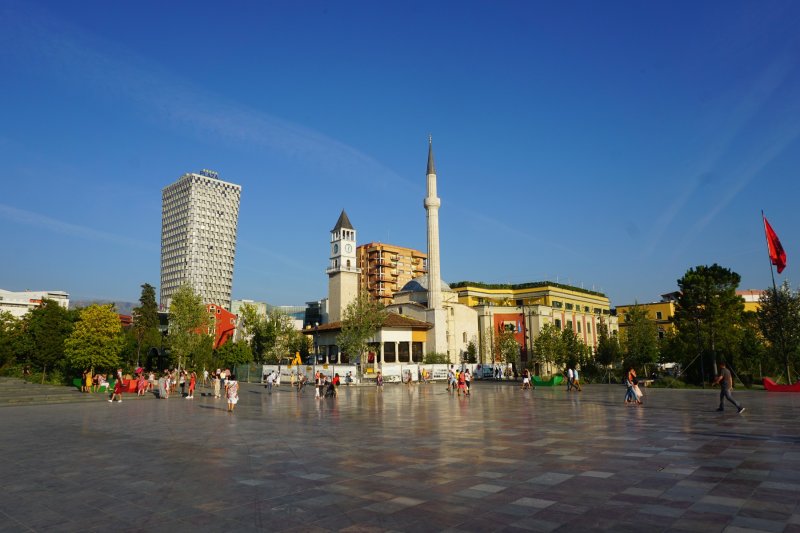20% of Population Lives in Poverty
The poverty level in Albania is expected to decrease by 1.1 percentage points in 2025, but again 20% of the country's population lives in poverty, according to the World Bank.
After an increase in 2020, poverty is estimated to have resumed its downward trend, driven by the recovery from the pandemic, the global lender said in its latest summary published for Albania.
The World Bank uses Dollar 6.85 per day (2017 PPP) as a poverty line for countries classified as Upper Middle Income. This is a tool for measuring poverty based on purchasing power parity, comparing the cost of goods and services across different countries.
According to the banks’ data, 41.6% of the population lived below the poverty line in 2016. The level fell to 32.2% in 2019. After increasing to 33.1% in 2020 due to the November 2019 earthquake and the COVID-19 pandemic, poverty is estimated to have fallen to 22.5% in 2023, due to GDP per capita growth.
The poverty level is expected to decrease further by 1.5 percentage points in 2024 and 1.1% in 2025, the Bank analyzes. Although inequality has decreased, it remains the highest in the Western Balkans after Montenegro.
Albania also has a high gap compared to the global standard of well-being of Dollar 25 per day per person. Albania's income needs to increase at least three times to reach this standard.
The employment rate reached an average of 68.6% in 2024, with a 2 percentage point increase in male employment, while for women there was a slight decrease of 0.3 percentage points. Unemployment fell to 9.4% last year, but youth unemployment (age 15-29) remained high at 18.9%. The average wage increased by 9.8% during 2024, with growth in all economic sectors.
The Bank notes that Albania possesses an untapped human capital potential that can boost growth and development, but the country faces challenges such as emigration, economic inactivity, and underutilization of existing resources.
Increasing the inclusion of educated individuals in the labor market, through improving employment conditions and creating quality jobs, would bring not only immediate economic benefits through higher productivity but also maximum return on investments made in education.
The Bank suggests that boosting women's economic participation is essential for Albania's journey towards high-income status. Closing the gender gap in employment alone could bring about a significant increase of 12% in GDP per capita in the long term.













